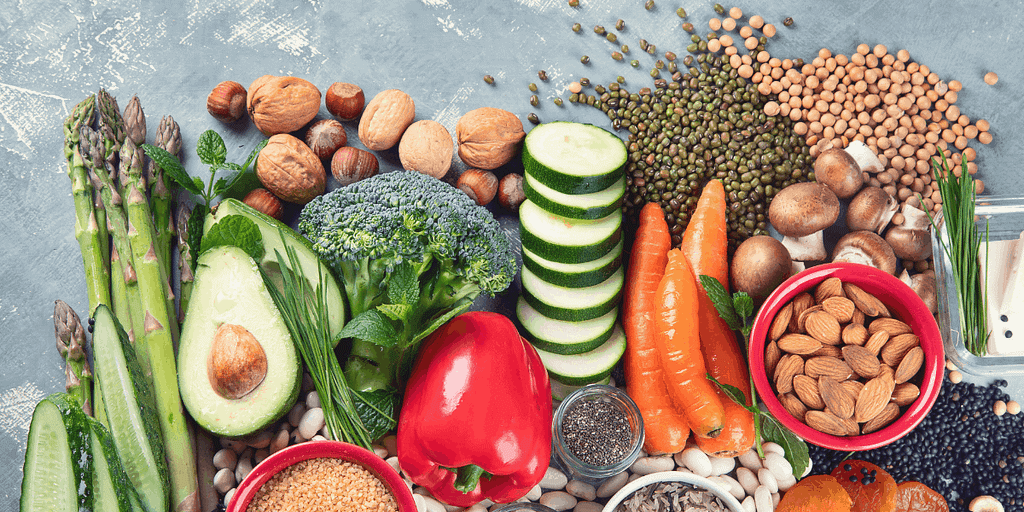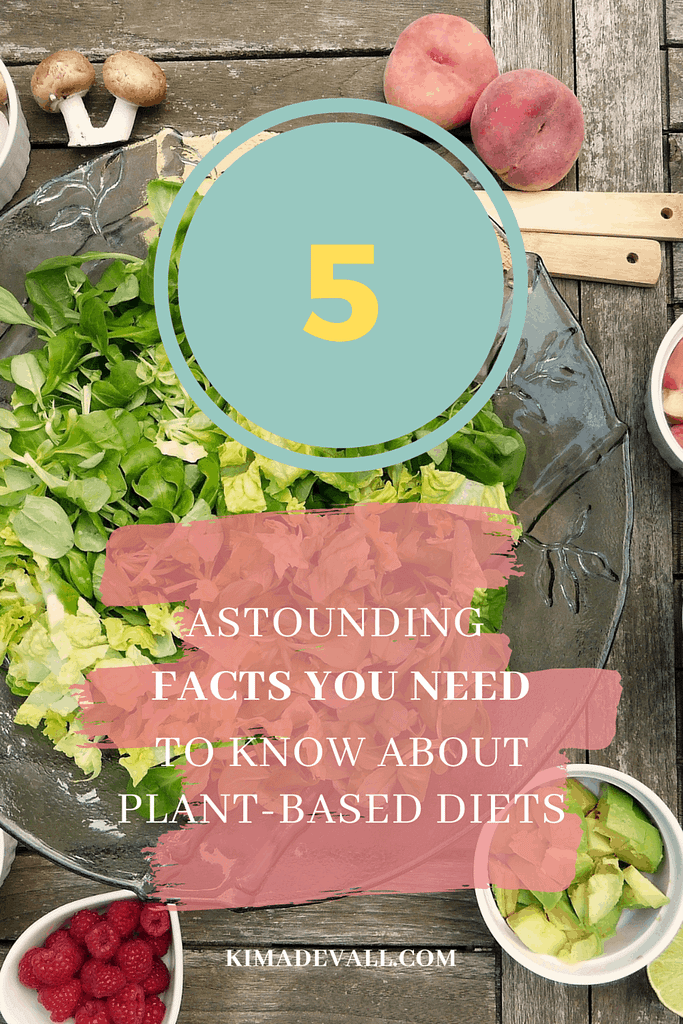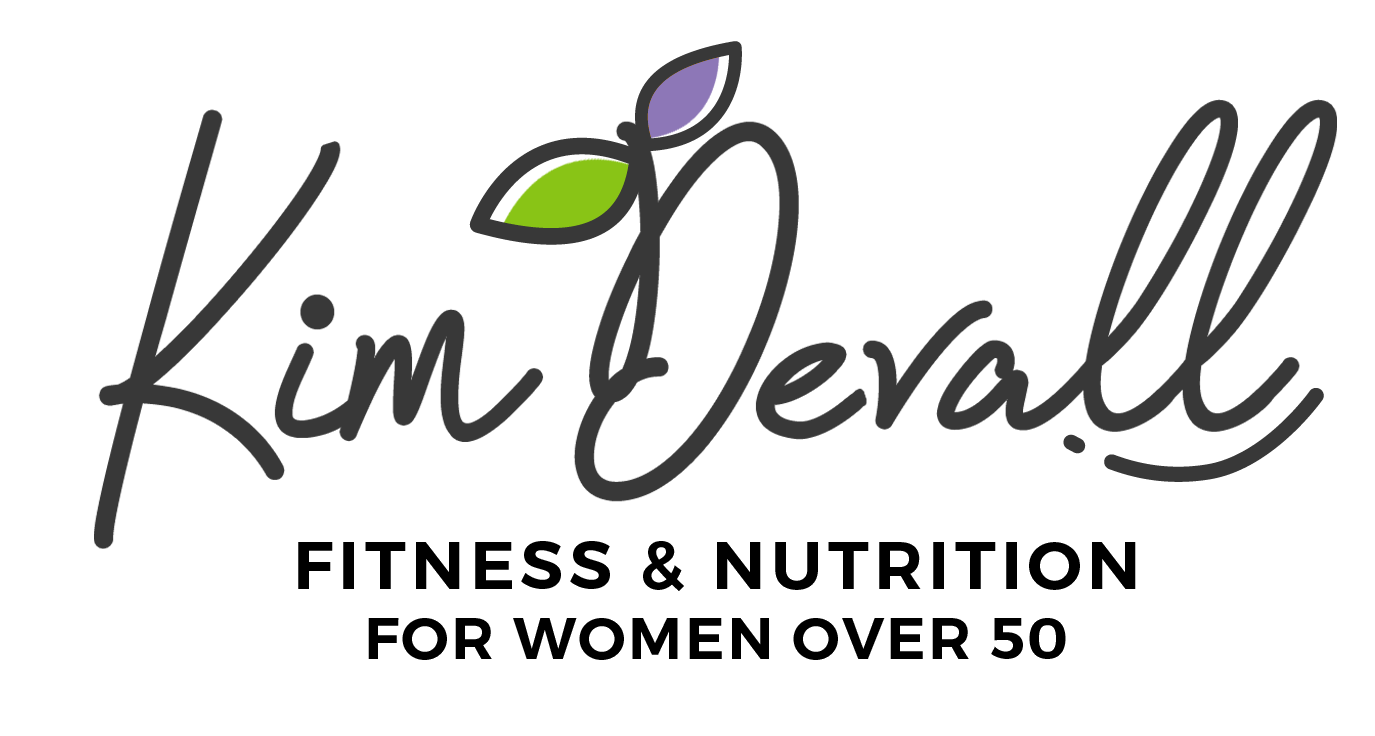Talk of plant-based diets is unbelievably common, but what exactly does that mean?
You may be surprised to know that the interpretations of “plant-based” can be extremely different.

In this post, I’ll share a variety of definitions, and how they are different so you can make an informed decision on which one might be most appropriate for you.
New here? Thanks for stopping by or welcome back. After you read this blog, be sure to check out some of my other articles for women over 50 who want to lose body fat, build muscle, create phenomenal bodies they love.
What are plant-based diets?
The general definition of plant-based is basically to eat “primarily” plant based foods. We often associate plant-based with the extreme, Vegan diet. However, there are a variety of diets that are less extreme, but plant-based none-the-less.
Comparing plant-based diet options
Now, let’s take a quick look at some of the most common “plant-based” diets.
Vegan diet consists strictly of plant foods only… no animal products. That means no dairy, meat, eggs, fish, poulty or honey.
Vegetarian diet allows eggs and dairy, but no meat, poultry, fish or seafood.
Pescatarian diet allows eggs, dairy, fish and seafood, but no meat or poultry.
Mediterranean diet is the most balanced approach and often the easiest to follow. It allows fish, poultry, eggs cheese and yogurt a few times a week.
The controversy between each of these diets is extensive. I believe it is a personal choice regarding what and how much of the non-plant foods you include in your diet.
One thing everyone does agree on… plant foods are a must in every diet.
What are plant foods?
Plant foods are any foods grown in the ground. This includes fruits, vegetables, whole grains, nuts, seeds, legumes, beans and plant-based oils.
These are the same foods included in all healthy meal plans. The differences are found in the other foods that are “allowed” within the diet plan.
Health benefits of plant-based diets
So, if plants are a must, you may be wondering… why?
- Plant foods are high in fiber. There are two types of fiber – soluble and insoluble. Fiber is good for reducing your risk of certain cancers, like colon and breast cancer.
Soluble fiber (dissolves in water) may improve digestion, lower total cholersterol, as well as LDL (ie. bad cholesterol). It can also help lower blood glucose levels.
Insoluble fiber (does not dissolve in water) is known for helping move food through the gastrointestinal track, making it good for your gut health.
2. Plant foods are loaded in vitamins and minerals which your body needs for overall health.
3. Strengthens your immune system to help fight germs.
4. Eating a variety of plant-based foods reduces the risk of type 2 diabetes.
5. Plant-based foods contribute to a reduced risk of many diseases, such as heart disease, high blood pressure, digestive diseases, some cancers and obesity.
Potential risks of plant-based diets
Are there any risks of following a plant-based diet? Well, potentially.
Most risks are seen with those following the vegan diet, since it eliminates all animal foods. However, even on a vegan diet, you can add supplements to fill in any nutritional gaps. Always discuss this with your doctor or nutritionist.
Sample list of plant foods
To list all the plant -based foods would take pages. Instead, I’ll share a few of my favorite plant foods.
Fruits: berries, citrus fruits, bananas, apples, grapes, melons, avocado (also a great healty fat)
Vegetables: broccoli, spinach, asparagus, cauliflower, peppers, kale, tomatoes, zucchini
Root vegetables: sweet potato, potatoes, butternut squash, beets
Whole grains: oats, brown rice, whole-grain bread, whole-grain tortillas, quinoa
Plant-based milk: almond, coconut
Nuts, seeds & healthy fats: almonds, walnuts, cashews, pistachios, macadamia, olive oil, avocados, pumpkin seeds, chia seeds, flax seeds
Legumes: chickpeas, lentils, peas, kidney & black beans
Foods to avoid ... common for all healthy eating
This list will come as no surprise as these foods are less healthy regardless of what type of diet you are following.
- highly processed foods
- high sugar foods, like cakes, cookies, pastries
- refined white carbohydrates, like white bread
- foods high in sodium
- fried, fatty foods
I hope you found this information helpful. Now, you get to choose which plant-based diet is right for you. I personally, like a flexible diet that doesn’t exclude any foods completely. A good rule of thumb is to consider would be to fill your plate:
- 50% vegetables and fruits (leaning more heavily toward veggies)
- 25% whole grains
- 25% protein
Pin it now... Read it later.

